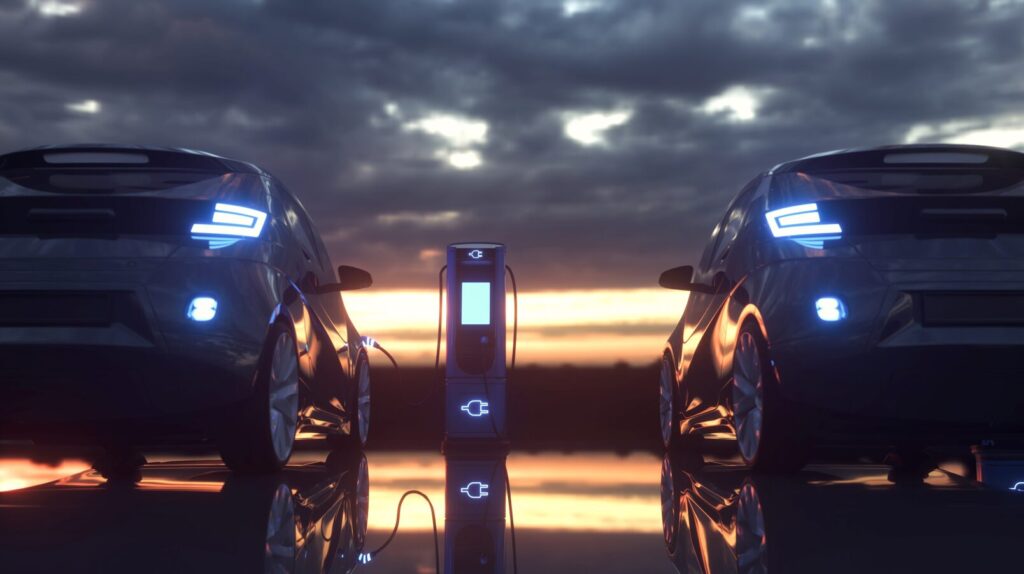The Internet of Things (IoT) has come a long way since its first use case in the 80s when students at Carnegie Mellon University used IoT to check stock in a Coke vending machine. Now, 25 years after the term was coined by Kevin Aston while he was at P&G, there are predicted to be 17bn connected devices this year (double that of 2019) and nearly 30bn by 2030.
But what does the future hold? ECI partner, Paul McCreadie, looks at a few examples of trends and scenarios poised to impact our lives.
The evolution of medicine
IoT is revolutionising healthcare. By offering remote monitoring, early disease detection, and personalised treatments, the global IoT healthcare value is expected to reach $960bn in 2030, up from $280bn in 2021. Smart devices tracking health vitals, sending data to healthcare professionals, enabling proactive interventions and precision care are going to be a critical development in managing an ageing population. Singapore is leading the field having digitised their healthcare system to tackle the challenges created with 47% of the population due to be over 65 by 2050.
Connected cities
Urbanisation is booming. With 68% of the world’s population expected to live in cities by 2050, smart cities are emerging as a powerful solution for environmental sustainability to keep pace. In NYC travel time has been reduced by 10% through using sensors, smart signalling and pass readers. In Europe, Amsterdam is way ahead of the game with 170 connected initiatives to drive its carbon-neutral status and helping the city achieve a near 100% recycling rate. With the vast majority of cities only in the early stages of connectivity, it’s expected that the global city market size will reach $827bn next year.
Vehicle-to-vehicle communication
It’s no surprise that self-driving cars and connected vehicles promise to transform transportation. Unlike humans, vehicles don’t fall asleep, get distracted or frustrated so the impact (excuse the pun) of vehicles monitoring hazards and the direction / speed of traffic to prevent accidents, optimising traffic flow and reducing congestion is huge.
But it might not all be good news. BMW recently announced customers could pay a monthly fee to unlock heated seats and Mercedes are offering an online subscription service that will enable some vehicles to accelerate faster!

Security, privacy and customer trust
As our world becomes increasingly connected, concerns about data security and privacy are rising, with KPMG research showing 86% of people see data privacy is a growing concern. Hackers are getting smarter (32% of UK businesses experienced a cyber attack last year), and the sheer volume of data collected means greater security is needed. With consumers’ willingness to share data directly dependent on how much they trust an organisation, robust security measures, transparent data practices, and a commitment to user privacy will be essential.
Monetising data
Connecting devices is just the first step. The smart money lies in harnessing the data they generate. Open banking in the UK is a good case in point. After a good start in the UK, it’s lost momentum due to inconsistent performance, limited protection and lack of brand awareness, meaning the promised revolution has failed to materialise.
This is where the convergence of AI, generative AI and machine learning will create real IoT value. Imagine a healthcare specialist able to recommend medical interventions, prescribe drugs or provide a tailored recovery programme based on real-time information collected from a number of devices. Capitalising on the monetary value of this type of scenario is why we’ll see IoT continue to mushroom.
The last word
The future of IoT is exciting. The explosion of data, evolving technologies, and ever-present security threats will undoubtedly shape its trajectory. One thing is certain though, whatever we predict now is unlikely to be what happens in the next 25 years. Though hopefully we won’t have to pay additional fees to drive faster, and on warmer seats, in our self-drive cars!


